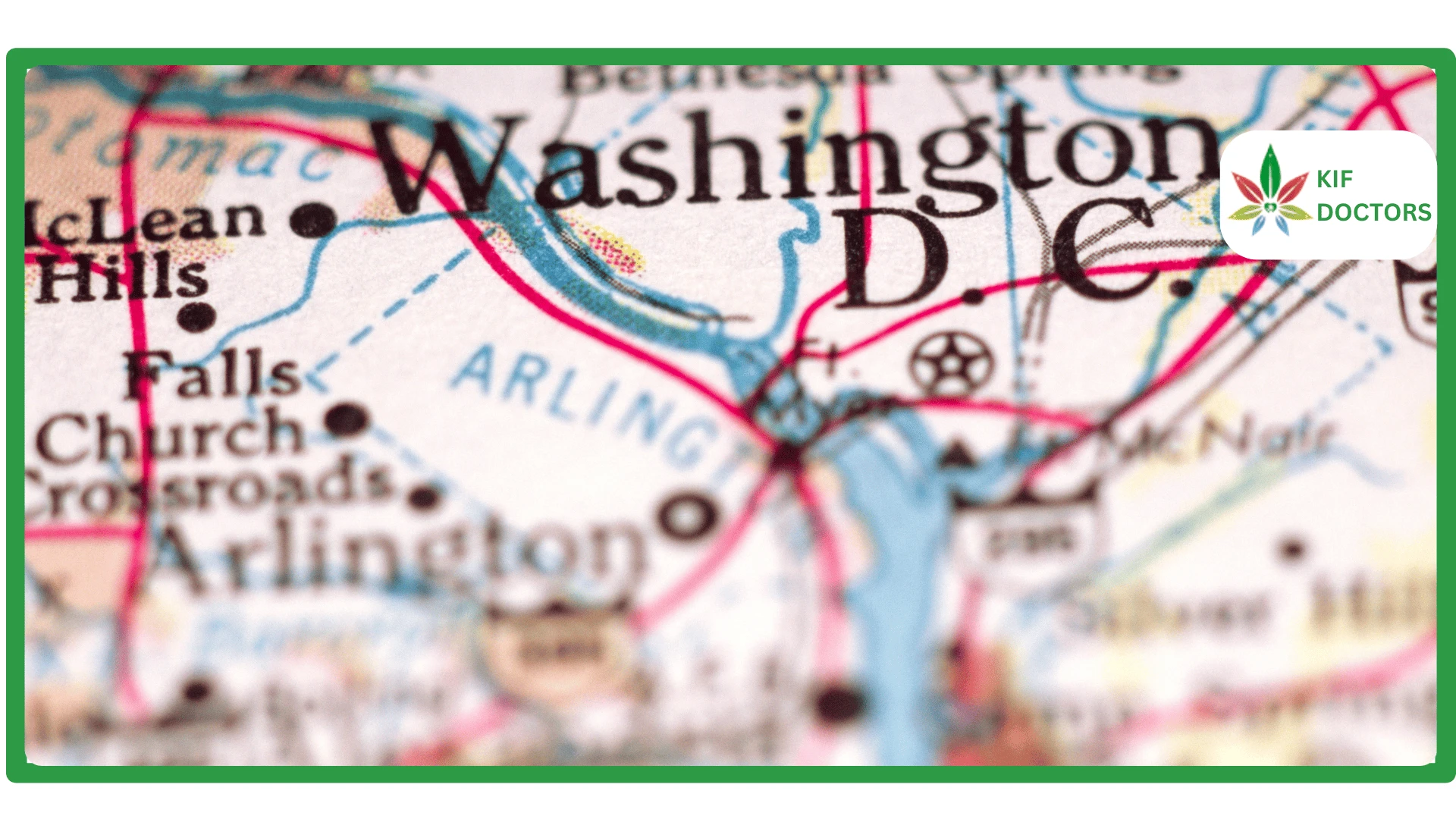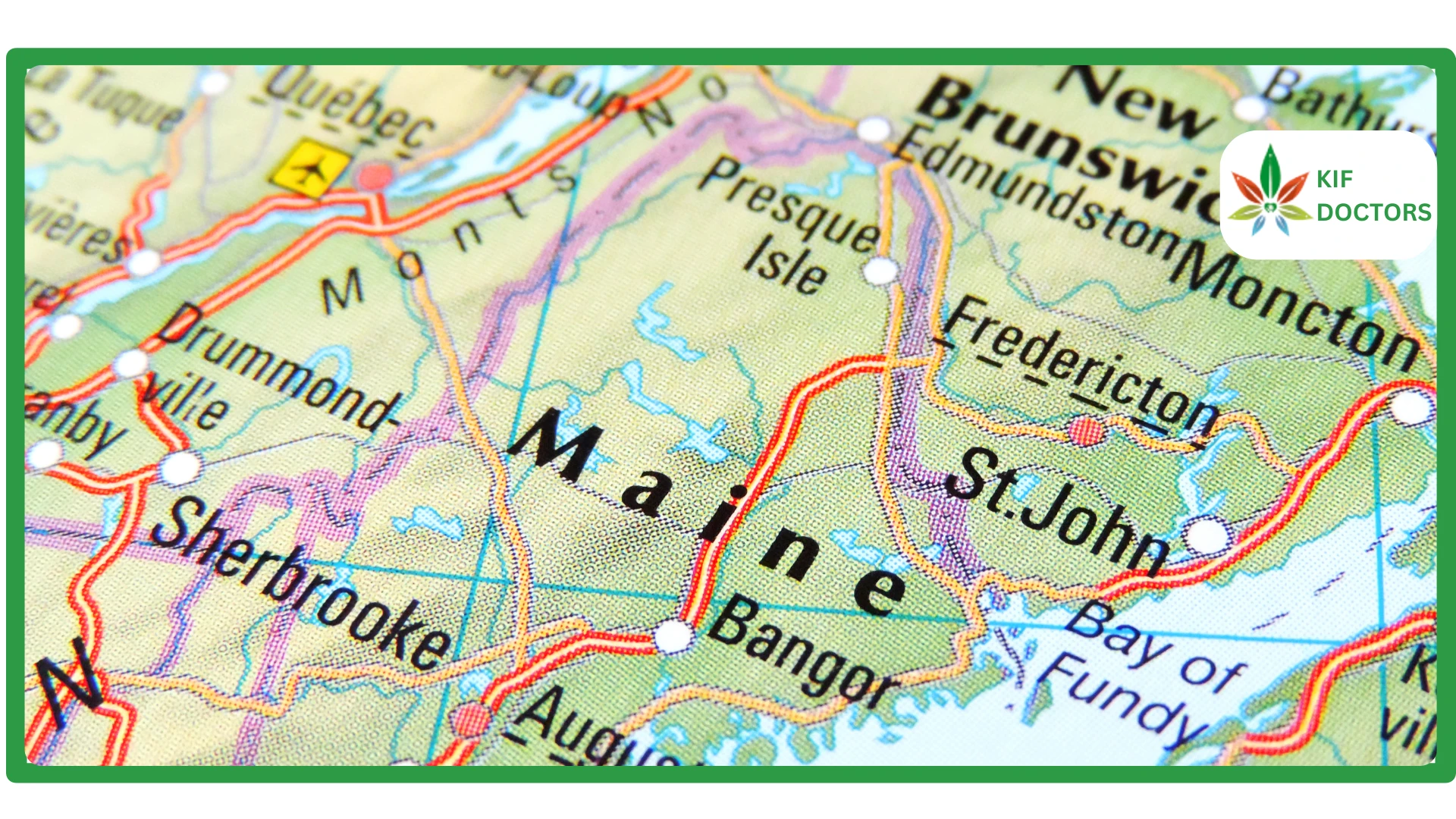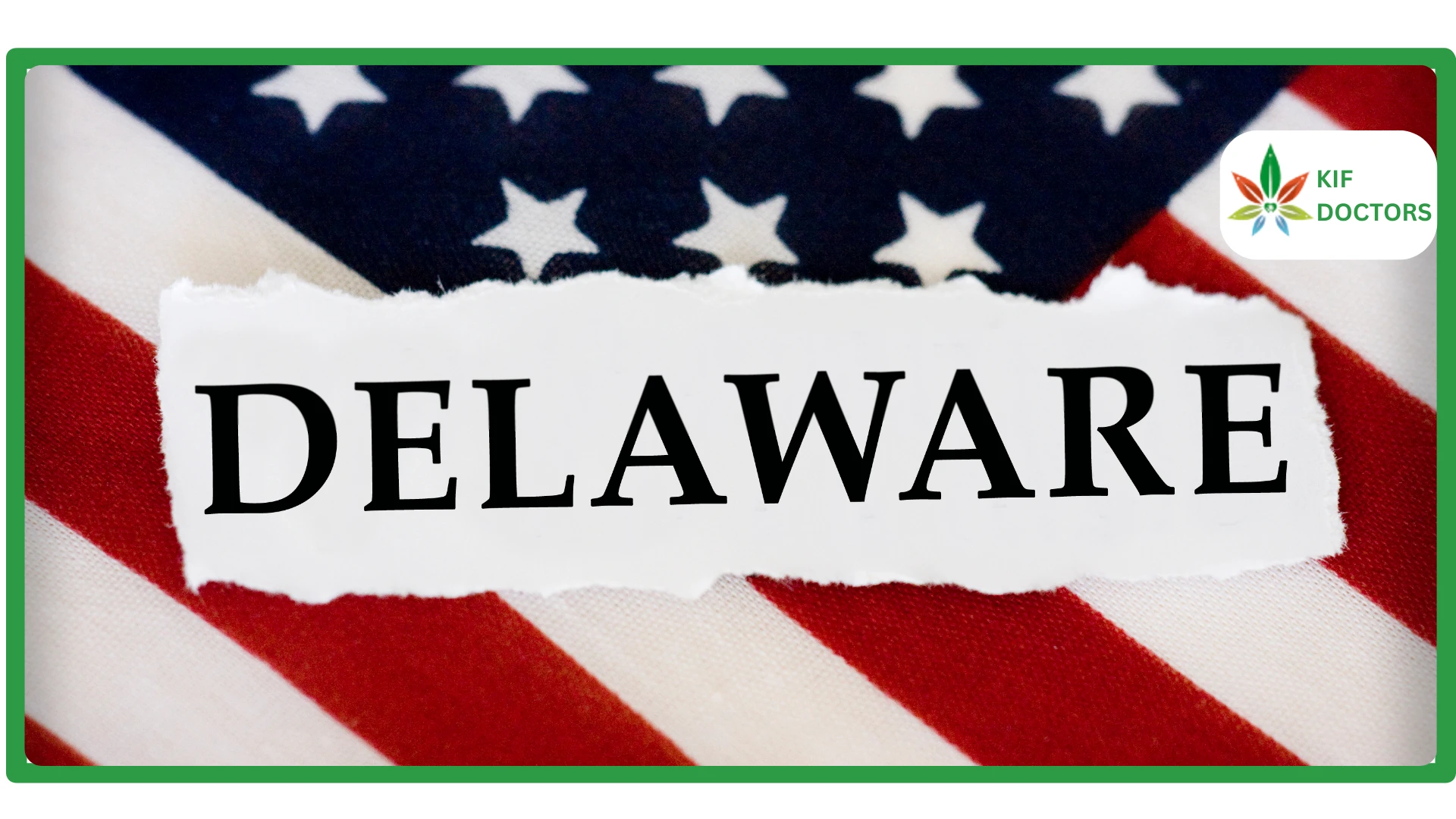Schizophrenia or schizoaffective disorders are some of the most common mental disorders that alter the way a person thinks, acts, or makes emotional decisions. There is no single major cause of schizoaffective disorders as many factors contribute to the development of this particular mental disorder. Genetics, emotional pressure, physical injuries, etc. all are such factors.
So, can medical marijuana help with schizoaffective disorders? From what researchers say, yes, it does help.
Is there a link between Medical Marijuana & Schizoaffective Disorder?
A credible study found that marijuana is one of the most commonly abused substances among schizophrenia patients. It is important to note that we are currently talking about self-medicated marijuana and not the one prescribed by certified medical doctors. But why do schizophrenia patients abuse cannabis this much?
There’s a gray cloud surrounding why schizophrenia patients abuse cannabis, however, many patients believe that consuming cannabis will help them to overcome the symptoms of the disorder. But it's important to note that there are very minute chances that self-medication of marijuana can help patients overcome their symptoms in any capacity.
Marijuana and psychosis
One thing that is common between marijuana and schizophrenia is psychosis. No, psychosis is not a mental ailment, instead, it is a symptom. Individuals who consume cannabis or the ones who are diagnosed with schizophrenia may experience episodes of psychosis. But what exactly is psychosis?
Well, it is the condition in which your thoughts are scattered in such a way that you can’t differentiate between what’s real and what’s not. This includes hearing voices or seeing things that are not there. Researchers believe that the THC cannabinoid present in marijuana is responsible for causing psychosis.
Marijuana and schizophrenia
Scientists have found some undeniable relations between marijuana and schizophrenia. Studies have revealed that if you already have schizophrenia, consuming marijuana can prolong the psychosis which can eventually make your symptoms worse.
Similarly, if you carry specific genes ( ATK1 and COMT to be precise), the use of marijuana can increase your chance of developing schizophrenia or schizoaffective disorder. However, it is important to note that the age you start consuming marijuana affects your chances of developing schizophrenia. Individuals who usually start consuming marijuana in their teens have a significantly higher chance of developing schizophrenia.
Does marijuana have therapeutic effects?
The THC cannabinoid present in marijuana is known to promote psychosis, which is pretty bad news for you if you’re already diagnosed with schizophrenia. However, another cannabinoid present in marijuana the name CBD diminishes the psychoactive effects.
This means that marijuana can have therapeutic effects on patients suffering from schizoaffective disorders, as long as the patients are consuming marijuana products that are high in CBD and low in THC.
What’s the best advice?
Well, the best advice is to consult your doctor on this matter. Self-medication is not going to help you fight the symptoms of schizophrenia. You already know that recklessly using marijuana can worsen your symptoms instead of helping you fight them.
Final Note
Marijuana and schizoaffective disorders do have some similarities. It is important to note that with proper guidance and strain selection, marijuana can provide therapeutic benefits to patients suffering from schizoaffective disorders rather than worsening their conditions. But to be very sure about it, you need to consult a doctor.
 Since 2021, Kif offers a streamlined platform to get a medical marijuana card online. We have served more than 45K patients across the United States. Sign Up Now to get the right to use medical cannabis for your health condition without any delay.
Since 2021, Kif offers a streamlined platform to get a medical marijuana card online. We have served more than 45K patients across the United States. Sign Up Now to get the right to use medical cannabis for your health condition without any delay.
























